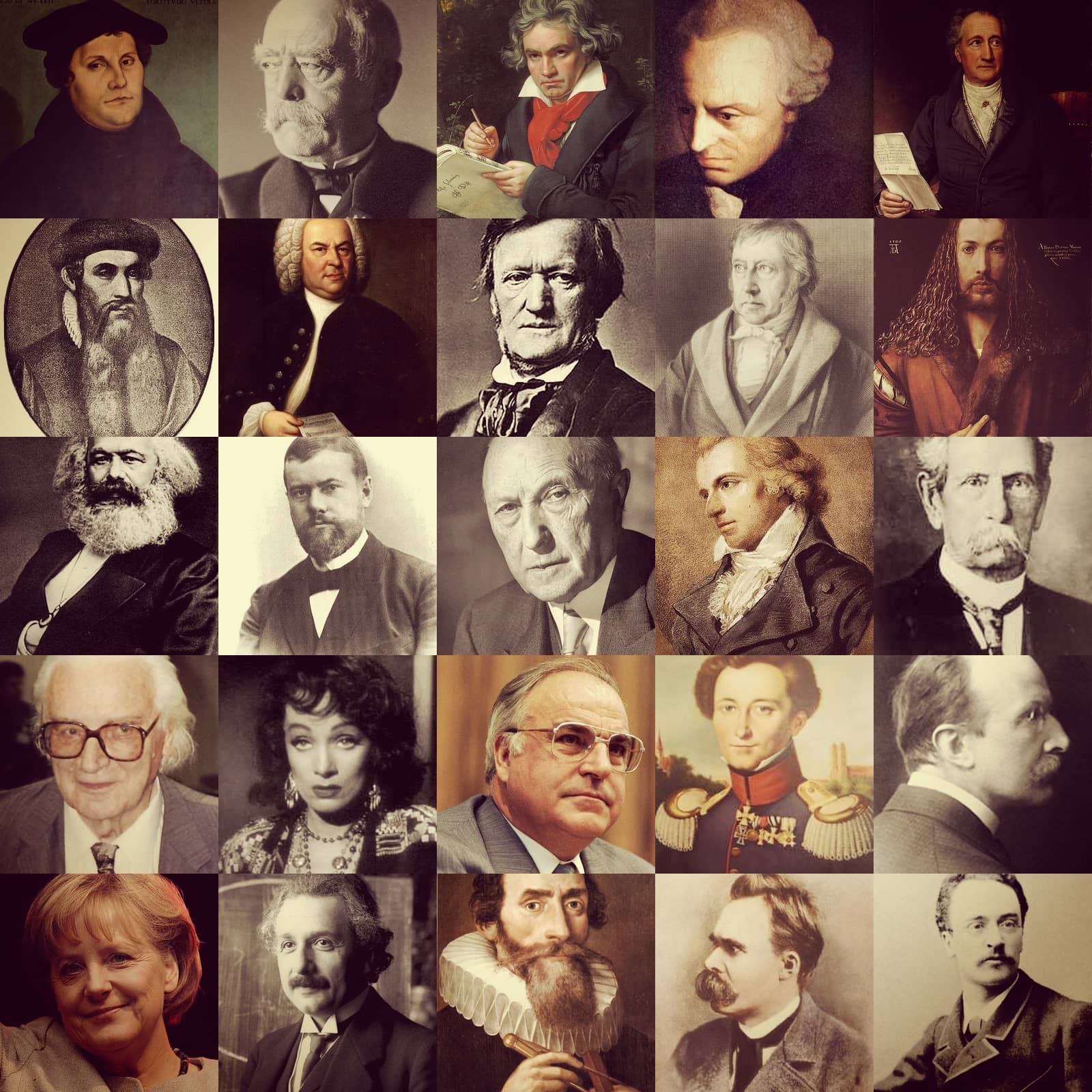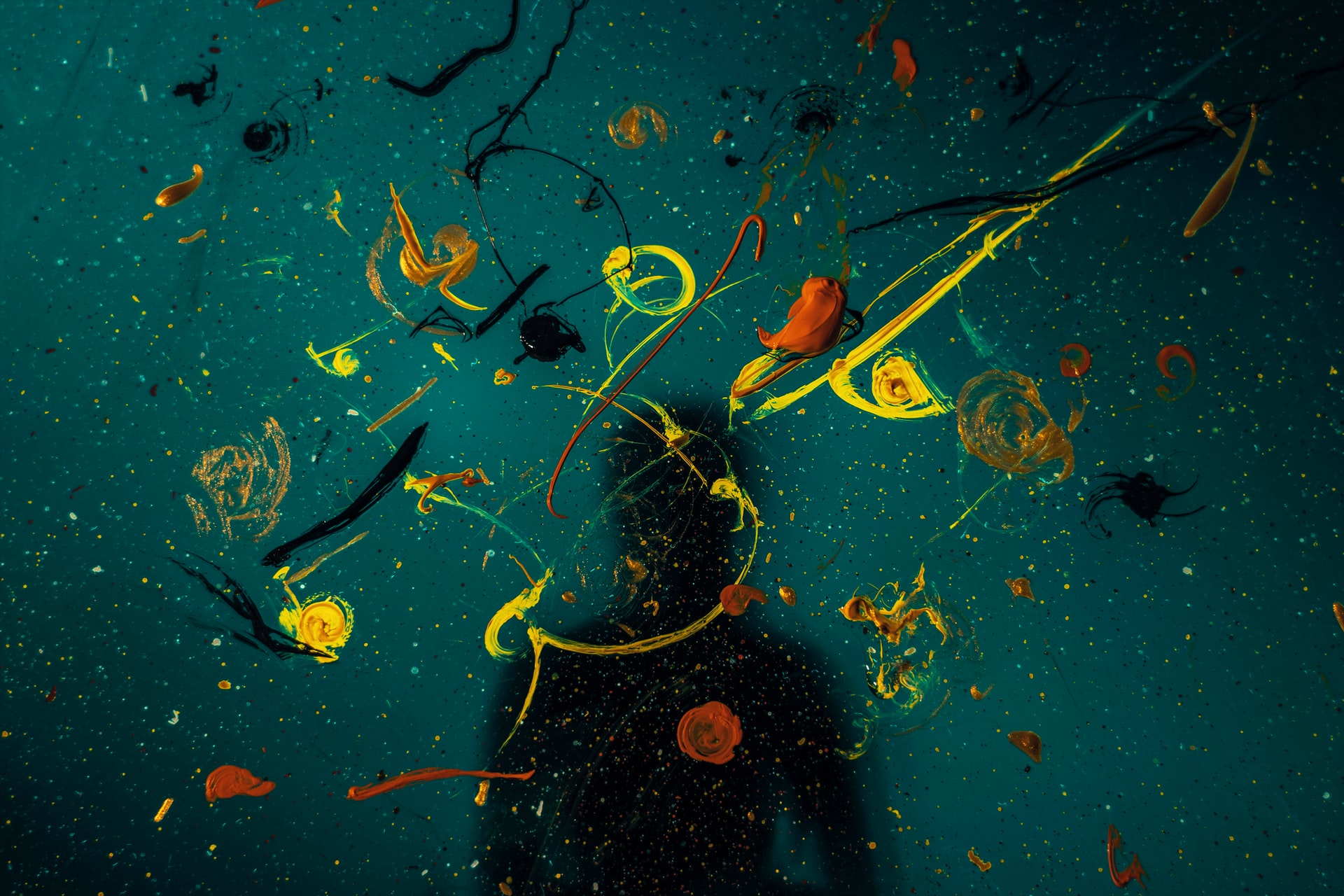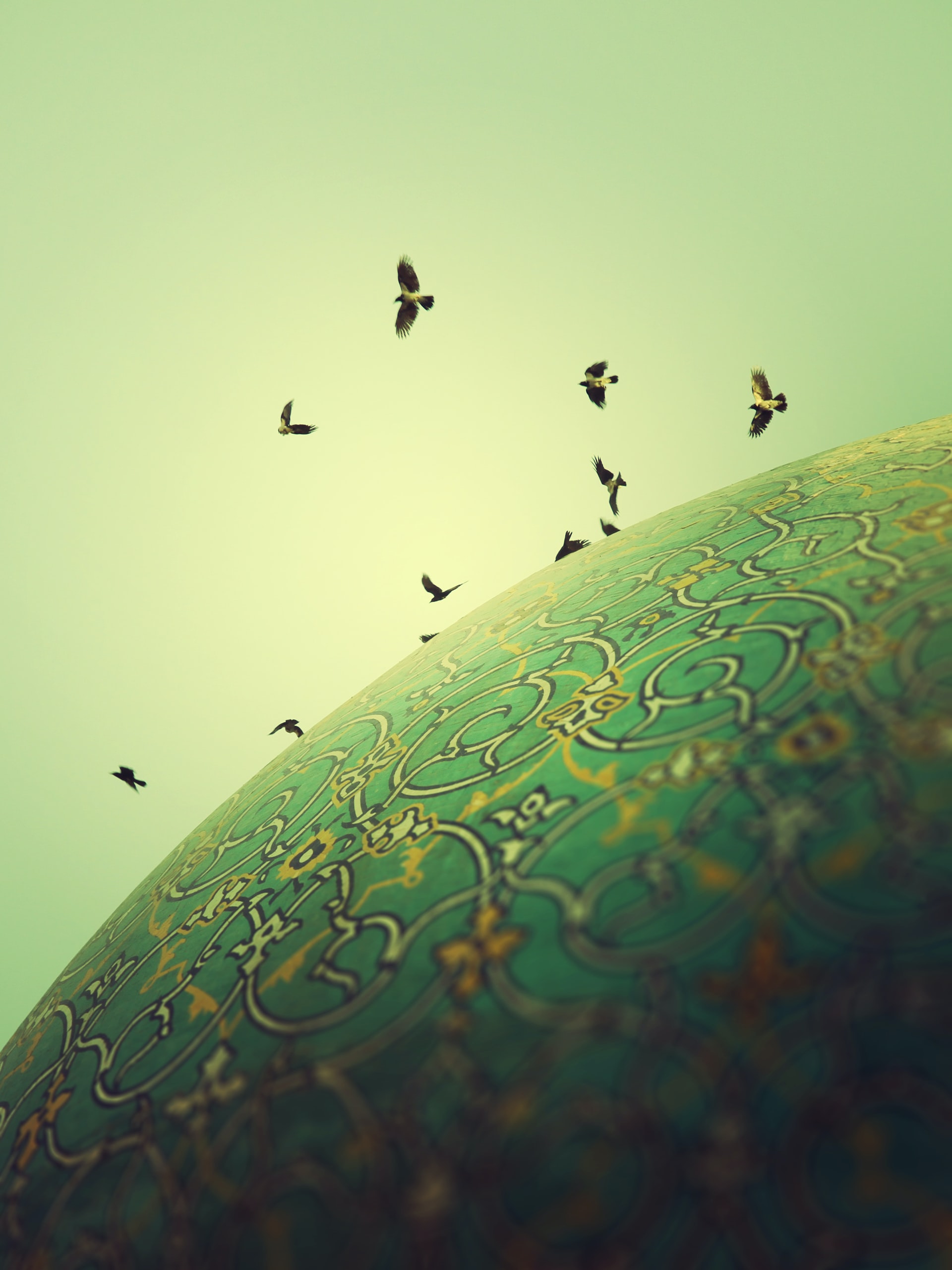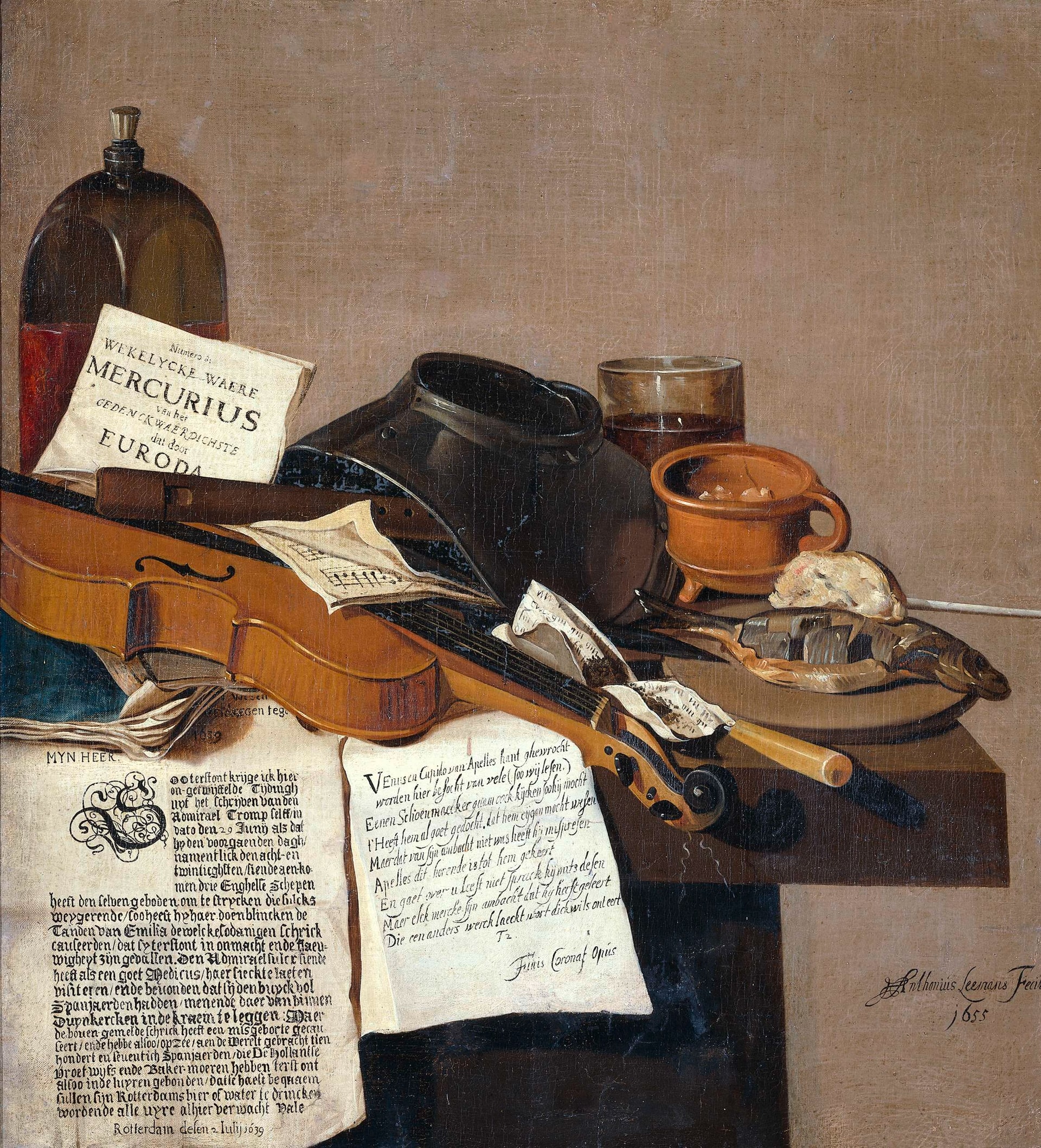

7 Powerful Styles of Poetry: Blank Verse to Free Verse
Poetry turns a cup of water into a chalice, a wooden stick into Moses' staff, a mere fountain into the Fountain of Youth.
Poetry carries emotions hidden by metaphors, allusions, and references. It strikes our hearts like a Cupid's arrow, scorches our mind in a fiery splendor, and leaves our soul in awe with its celestial beauty.
What is Style in poetry?
From epic poems to lyrical ballads, poetry has been the most common form of praise, worship, and reverence. Poets have used various styles and lyricisms, from the blank verse and sonnets to limericks and free verse, to fit each occasion.
A specific rhyming scheme and meter, or lack thereof, makes a style of poetry. Most styles have a general scheme or structure, although, some are stricter and more dogmatic than others.
Blank Verse
Blank verse poetry does not rhyme but it has a very strict structure. It is written in iambic pentameter.
Iambic pentameter has five iambs. An iamb is an unstressed syllable followed by a stressed syllable.
The best example of Iambic Pentameter is Shakespeare's Sonnet 12:
When I do count the clock that tells the time,
And see the brave day sunk in hideous night;
Learn more about Iambs here.
Dante Alighieri's Divine Comedy, John Milton's Paradise Lost, and William Shakespeare's plays are all written in blank verse. Here's some Romeo & Juliet for you:
But soft, what light through yonder window breaks?
It is the east, and Juliet is the sun.
Arise, fair sun, and kill the envious moon,
Who is already sick and pale with grief
That thou, her maid, art far more fair than she.
- Rome and Juliet, Act II Scene 2
Rhymed Poetry
Rhymed poetry, as the name suggests, rhymes but lacks a definite rhyming scheme. Odes, ballads, and many other forms of poetry follow this style.
Edgar Allan Poe's Raven is, perhaps, the best example of this style:
Once upon a midnight dreary, while I pondered, weak and weary,
Over many a quaint and curious volume of forgotten lore—
While I nodded, nearly napping, suddenly there came a tapping,
As of someone gently rapping, rapping at my chamber door.
"'Tis some visitor," I muttered, "tapping at my chamber door—
Only this and nothing more."
- The Raven, Edgar Allan Poe
Haiku
Haiku originated in Japan and their tradition of Buddhist meditation had a great impact on its development and final shape.
A Haiku tells the story of a moment in time frozen in the shape of words. Its first and third lines have 5 syllables. The second line is longer and has 7 syllables.
Haiku by Syllable Count: 5/7/5
Japanese literature is filled with haikus on themes ranging from nature to peace and beauty:
An old silent pond
A frog jumps into the pond—
Splash! Silence again.
The Old Pond, Matsuo BashoA world of dew
And within every dewdrop
A world of struggle
A World of Dew, Kobayashi Issa
Sonnet
Sonnet is a very old poetry form invented in the 13th century, Sicily. Although there are many forms of sonnets, the most famous is the Shakespearean, or English, sonnet (named after Shakespeare).
English (Shakespearean) sonnet follows the iambic pentameter. It has a strict length of fourteen lines with last two lines concluding in a rhyming couplet.
If you have read Shakespeare, Milton, or any other classical poet, you must have chanced upon a few sonnets:
Weary with toil, I haste me to my bed,
The dear repose for limbs with travel tired;
But then begins a journey in my head,
To work my mind, when body's work's expired:
For then my thoughts (from far where I abide)
Intend a zealous pilgrimage to thee,
And keep my drooping eyelids open wide,
Looking on darkness which the blind do see:
Save that my soul's imaginary sight
Presents thy shadow to my sightless view,
Which, like a jewel hung in ghastly night,
Makes black night beauteous and her old face new.
Lo, thus, by day my limbs, by night my mind,
For thee, and for myself, no quiet find.
- Sonnet 27, William Shakespeare
Free Verse
Free verse is the most common poetry form of the modern era. Almost all recent poets from Walt Whitman to T.S. Elliot used this form.
Free verse poetry lacks a rhyming scheme, meter, or structure but it can be rhythmical, even lyrical:
Eyes I dare not meet in dreams
In death's dream kingdom
These do not appear:
There, the eyes are
Sunlight on a broken column
There, is a tree swinging
And voices are
In the wind's singing
More distant and more solemn
Then a fading star.
- The Hollow Men, T.S. Eliot
Concrete Poetry
Concrete poems are shaped to stress a certain theme or element. Poets design the poems based on a physical shape or an idea. The variety, and complexity, of designs, is almost baffling:
Who
Are you
Who is born
In the next room
So loud to my own
That I can hear the womb
Opening and the dark run
Over the ghost and the dropped son
Behind the wall thin as a wren's bone?
In the birth bloody room unknown
To the burn and turn of time
And the heart print of Man
Bows no baptism
But dark alone
Blessing on
The wild
Child.
Vision and Prayer, Dylan Thomas
Ode
Ode is a poetic tribute or praise. Odes were very common among classical poets like Keats, Yeats, and others.
Odes do not have a strict structure but some form of rhyming is present:
Season of mists and mellow fruitfulness
Close bosom-friend of the maturing sun
Conspiring with him how to load and bless
With fruit the vines that round the thatch-eaves run;
- Ode to Autumn, John Keats
Conclusion
Over the centuries, poets have invented many forms to fit various themes. Having a strict style to follow helps the flow of thought and words. You can learn about other poetry forms from these resources:



Comments